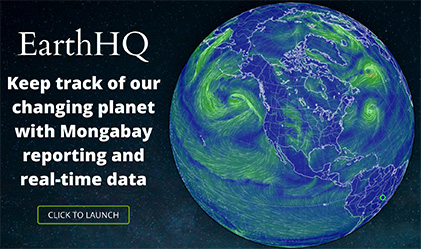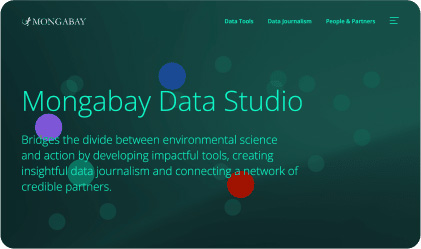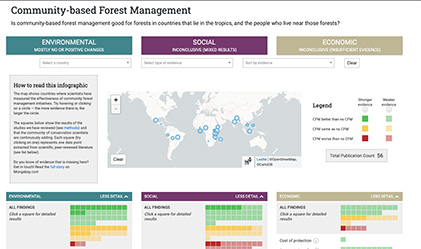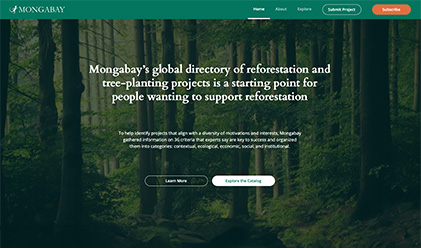Y. Eva Tan Conservation Reporting Fellowship News
With the effects of environmental degradation becoming more apparent, high-quality environmental journalism is more important than ever. But like the journalism sector as a whole, environmental reporting has been affected by shifting business models that have reduced the availability of resources for reporting, shrinking press freedoms in many countries and a lack of early-stage career opportunities. These issues are especially acute in places that bear the brunt of climate change, biodiversity loss, the destruction of nature and threats against Indigenous peoples and local communities. In response to this situation, Mongabay has established the Y. Eva Tan Conservation Reporting Fellowship Program. The program will provide opportunities for journalists from biodiversity hotspots in tropical countries to report on critical environmental issues, gaining valuable training, experience, and credibility that will help them advance their careers in journalism and communications. For more information on the fellowship, please see this page.
you're currently offline



















































